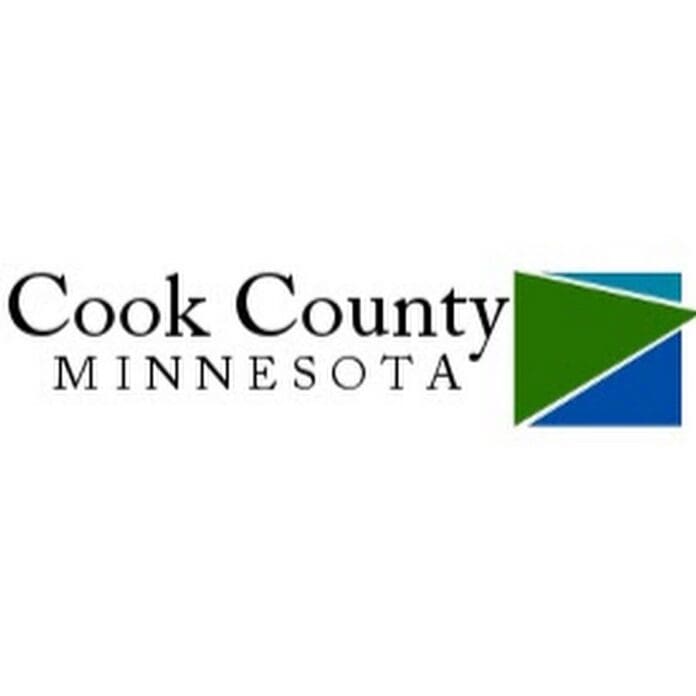By Steve Fernlund
The Cook County Board of Commissioners voted in September to approve a proposed 2026 levy increase of 7.57%. In accordance with Minnesota law, the board set the date for its Truth-in-Taxation (TNT) meeting for Tuesday, December 2, 2025, at 6:00 p.m. in the Commissioners Room at the County Courthouse. The levy that was approved in September cannot be increased by commissioners in subsequent action, but it can be decreased.
Minnesota requires all counties to hold a TNT meeting, where the county budget and levy are discussed in an open forum. The public is allowed to speak to the commissioners about the specifics of the budget and the levy. This means that you, as a resident, have the opportunity to voice your concerns, ask questions, and provide feedback on the proposed budget and levy. Final approval of the budget and levy cannot take place until after the TNT. Minnesota also requires the County Auditor to deliver a Notice of Proposed Taxes to each taxpayer before the TNT meeting. According to Braidy Powers, Cook County Auditor-Treasurer, those notices are being mailed this week.
According to Powers, the most significant impacts of the proposed 2026 levy include a 2.75% cost-of-living wage increase, an 11.8% increase in health insurance costs, the 2024 Deferred Maintenance bonds, and the 2025 Jail bonds. He wrote, “In 2025, we were able to use American Rescue Plan funds to make the Deferred Maintenance bond payment. The bond issues have a combined impact of $929,000 on the 2026 county levy.”
According to Powers, the health insurance increase added $235,912 to the budget. Ten department funding requests for additional resources totaled $444,000. Those requests included snow-blowing equipment, an increase to the community center capital replacement schedule, and one shared position. The budget also consists of the new expense for Paid Family Medical Leave.
Powers reports that positive money market and investment revenues have benefited from higher-than-usual interest rates in the years since the COVID outbreak. These funds add to the fund balance and give the board flexibility for dealing with levy increases.
County Commissioners will discuss the 2026 budget at the upcoming meetings of the Board of Commissioners. They expect final budget and levy approval at their meeting on December 16.
The history of TNT meetings dates back to the late 1980s, representing legislative intent to increase transparency and public accountability in local government finance. The TNT law, enacted in 1988, took effect for taxes payable in 1989. This legislation was in response to growing public concern over rising property taxes and a lack of clear information on how local officials set their budgets and levies. The goal was to allow taxpayers to see exactly how their tax dollars were being used before the final levy amounts were adopted.
The 1988 law mandated two main requirements for counties, cities, and school districts. Local jurisdictions were required to send a notice to property owners showing them the proposed property tax levy for the coming year. Before the final adoption of a budget and levy, local jurisdictions were required to hold a public hearing where citizens could question officials and voice concerns about the proposed tax increase.
While initially focused on cities, counties, and school districts, the TNT requirement was later extended to include other taxing authorities, such as townships and special taxing districts that meet specific size or levy thresholds. The process shifted from merely reporting the final levy to focusing on the budget discussion. The process hinges on the “proposed” levy, which is the maximum amount the board can set later.
The primary purpose of the TNT process remains to ensure that property taxpayers have a direct link between the taxes they pay and the local services they fund, and to provide a specific, mandatory opportunity for public input into the budget-setting process.
The projected general inflation rate for subsequent years ranges from 2.4% to 3%. The Social Security Administration has announced that the 2026 Cost-of-Living Adjustment (COLA) will be 2.8%.
It is essential to understand that the proposed 7.57% county levy increase is significantly higher than the projected general inflation rate for two main reasons.
The costs faced by a county government—particularly for services like public safety, social services, and infrastructure—often increase faster than the general Consumer Price Index (CPI). The costs for road construction, materials, and heavy equipment (which counties must purchase) have seen much higher inflation rates than the general CPI. And wages, health insurance, and pension costs for county employees are major drivers of levy increases, and these costs frequently outpace general inflation. A levy increase reflects not just cost inflation on existing services, but also the fact that there are more people requiring services. County budgets also absorb new costs and administrative changes stemming from federal or state policy shifts, like the federal government shutdown.
The meeting on Tuesday, December 2, at the Cook County Courthouse at 6:00 p.m. is not just another meeting. It’s your best opportunity as a county resident to share your views on the county budget and subsequent levy level with the County Commission. Your participation is crucial.



